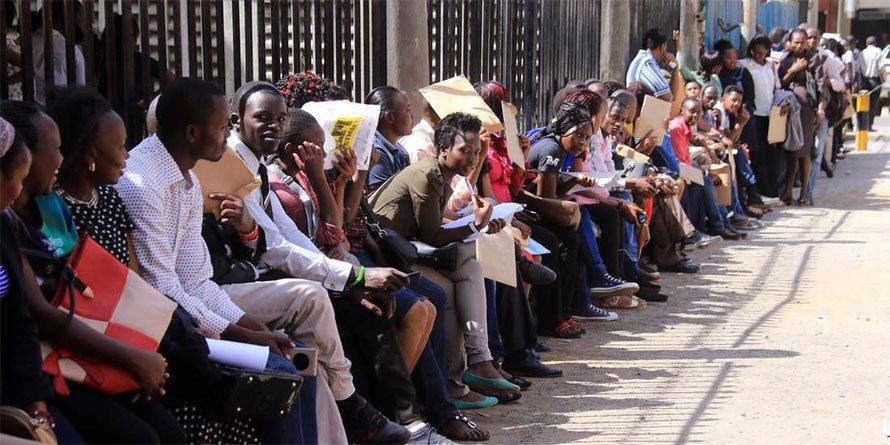Seven Million Jobless Kenyans May Soon Receive State Stipend

Approximately seven million Kenyans, covered under the cash transfer programme are set to receive a stipend from a government social protection project if a draft policy is adopted.
The social protection policy seeks to cover approximately 7.3 million jobless people aged between 15 and 65 who are covered under the cash transfer programme in the State Department for Social Protection.
If the policy is adopted, the government will release more money to offer income security to all Kenyans throughout their life cycle.
The new policy seeks to expand and reorganize the social protection system into four pillars that address the country’s dependency ratio and ultimately reduce poverty levels in the country.
The pillars include income security, social health insurance, shock-responsive social protection and complementary programmes.
It focuses on issuing jobless Kenyans unemployment insurance, maternity cover, disability pension, and survivors pension schemes to cushion the breadwinners and their families against shocks of losing their source of livelihood.
“The vision for social protection is to help build an inclusive society in which all Kenyans enjoy income security, contribute to and share in the country’s wealth,” the document noted.
Under the policy, the working population will be required to contribute to a government social insurance programme that allows them to save and receive higher benefits when hit by shocks.
This will be an addition to the current non-contributory social assistance programmes that guarantees poor households a minimum cash transfer of Sh2,000 every month.
“Pooling together the two branches of the social security sector shall enable Kenya to take decisive steps towards meeting the SDG target 1.3.1 related to social protection coverage,” the document stated.
In the current financial year, the government has allocated 27.9 Billion to cater for the social protection programme which covers approximately 1.3 million people including the elderly, orphans and vulnerable children, people living with severe disabilities and those living in extreme hunger, under the Hunger Safety Net Programme (HSNP).
Featured Image Courtesy: BusinessDailyAfrica.com